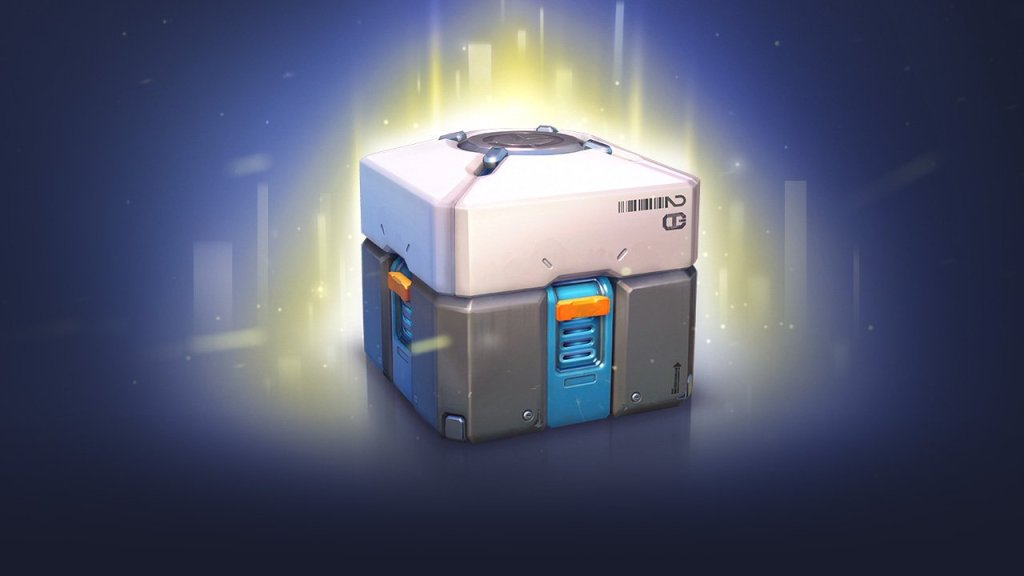The UK Gambling Commission has stated that they “have a responsibility to keep children and young people safe” in the wake of the controversy surrounding loot boxes in Star Wars Battlefront 2, stating that regardless of whether or not they legally qualify as forms of gambling, they will still act accordingly to protect young gamers.
Tim Miller, the Gambling Commission Executive Director, addressed concerns regarding loot boxes, writing:
“A key factor in deciding if that line has been crossed is whether in-game items acquired ‘via a game of chance’ can be considered money or money’s worth. In practical terms this means that where in-game items obtained via loot boxes are confined for use within the game and cannot be cashed out it is unlikely to be caught as a licensable gambling activity. In those cases our legal powers would not allow us to step in.
However, many parents are not interested in whether an activity meets a legal definition of ‘gambling’. Their main concern is whether there is a product out there that could present a risk to their children. We are concerned with the growth in examples where the line between video gaming and gambling is becoming increasingly blurred. Where it does meet the definition of gambling it is our job to ensure that children are protected and we have lots of rules in place, like age verification requirements, to do that.”
Miller pointed out the Gambling Commission’s response to FUTGalaxy — a site that saw players using FIFA Ultimate Team virtual currency to gamble using real-world money — as evidence of their response to handling gambling in video games, with two men having been convicted following a legal investigation.
Also: Battlefront 2 is a “Star Wars Themed Online Casino,” Says US Senator
Though Miller’s statement does not reveal what the Gambling Commission plans to do regarding loot boxes in games, it seems that the response to Battlefront 2 has prompted them into action. While EA has now temporarily removed microtransactions from Battlefront 2, the controversy still lingers on, with politicians from the US, Belgium and France encouraging their countries to reassess their stance on loot boxes.












